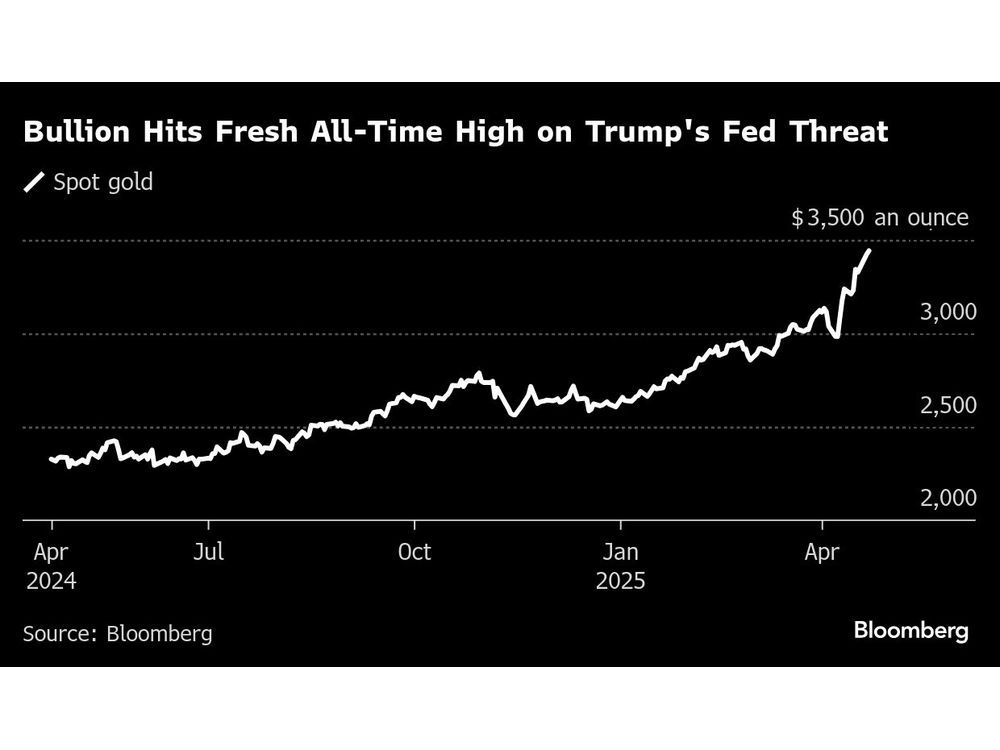When you are looking to invest in a hedge fund, it is important to understand how to compare and evaluate the different options available. There are many factors to consider, including the type of fund, the investment strategy, and the fees involved. In this blog post, we will discuss how to evaluate hedge fund performance and make informed decisions about where to invest your money.
What is a hedge fund?
A hedge fund is an investment vehicle that pools money from many investors and uses it to invest in a wide range of securities, commodities, and other instruments. Hedge funds are managed by professional managers who use various strategies to generate returns for their investors.
How do you evaluate hedge fund performance?
When evaluating the performance of a hedge fund, you should consider the following factors:
- Returns: One of the most important measures of a hedge fund’s performance is its returns. The fund’s track record should give you an indication of how well it has performed in the past and is likely to perform in the future.
- Strategy: Another important factor to consider is the investment strategy employed by the fund. Different strategies involve different levels of risk and can produce different results. Make sure you understand the strategy and whether it is suitable for your investment goals.
- Fees: Hedge funds charge fees in exchange for their services, and these fees can have a significant impact on returns. Make sure you are aware of all the fees associated with the fund and understand how they affect the overall returns.
- Returns relative to risk: The final factor to consider is whether the fund has generated higher returns than other funds that have similar levels of risk. This will help you determine if the fund is delivering value for money.
These are just a few of the factors you should consider when evaluating a hedge fund. It is important to do your research and understand the fund before investing. Make sure you understand the strategy and the fees involved, as well as the fund’s track record. Doing so will help you make an informed decision about where to invest your money.
How do you compare hedge funds?
Once you have evaluated the performance of a hedge fund, you may want to compare it with other funds that offer similar strategies and levels of risk. When comparing funds, look at the following factors:
- Returns: Compare the returns generated by each fund to help you decide which one is the best option for your investment goals.
- Investment strategy: Make sure you understand each fund’s strategy and whether it is suitable for your investing goals.
- Fees: Compare the fees charged by each fund and make sure you understand how they affect returns.
- Risk: Compare the levels of risk associated with each fund to make sure you are comfortable taking on that level of risk.
By comparing different hedge funds, you can make an informed decision about which one is best suited to your investment goals.
FAQs
How do hedge funds work?
Hedge funds are investment vehicles that pool money from many investors and use it to invest in a wide range of securities, commodities, and other instruments. The fund is managed by professional managers who use various strategies to generate returns for their investors.
What are the benefits of investing in hedge funds?
Hedge funds offer investors access to a range of investments that they may not be able to access directly. They also give investors access to professional managers who are experienced in trading and risk management. Additionally, hedge funds often provide investors with access to investments that may not be available in public markets.
Are hedge funds risky?
Hedge funds can be risky and it is important to understand the risks involved before investing. It is important to understand the fund’s investment strategy, fees, and track record before investing. Additionally, hedge funds often employ strategies that involve higher levels of risk.
What benchmark do hedge funds use?
Hedge funds generally use a benchmark that is related to the type of investments they are making. For example, a fund investing in stocks may use an index such as the S&P 500, while a fund investing in commodities may use an index such as the Bloomberg Commodity Index.
What is a good ROI for a hedge fund?
The return on investment for a hedge fund can vary depending on the strategies and investments employed by the fund. Generally, hedge funds aim to generate returns that are higher than the benchmark they are tracking, but this is not guaranteed. Additionally, hedge funds often have high fees associated with them, so it is important to consider these fees when evaluating the fund’s performance.
How often do hedge funds beat the market?
Hedge funds do not usually beat the market on a consistent basis. They are often able to generate higher returns in certain market conditions, but they can also experience losses in other market conditions. It is important to understand the fund’s strategy and track record before investing.
Do hedge funds outperform mutual funds?
Hedge funds may be able to generate higher returns than mutual funds, but they also involve higher levels of risk. It is important to understand the risks associated with both types of investments before deciding which one is best for you. Additionally, hedge funds often charge higher fees than mutual funds.
How many hedge funds outperform sp500?
It is difficult to determine exactly how many hedge funds outperform the S&P 500. Generally, the performance of hedge funds varies depending on the strategies and investments employed by the fund. Additionally, some hedge funds may be able to generate higher returns in certain market conditions but experience losses in others. It is important to evaluate the fund’s strategy, fees, and track record before investing.
Why do hedge funds underperform?
Hedge funds may underperform due to a variety of factors. These include the fund’s strategy, fees, risk level, and other variables. It is important to understand the fund’s strategy and track record before investing in order to minimize the risk of underperformance. Additionally, hedge funds often employ strategies that involve higher levels of risk, so it is important to weigh the potential rewards against the risks before investing.
Conclusion
Investing in a hedge fund can be a great way to diversify your portfolio and potentially generate higher returns. However, it is important to understand how to evaluate and compare funds before investing. By considering the fund’s returns, strategy, fees, and risk profile, you can make an informed decision about which fund is the best option for your investment goals.
Further questions
What's your question? Ask it in the discussion forum
Have an answer to the questions below? Post it here or in the forum




